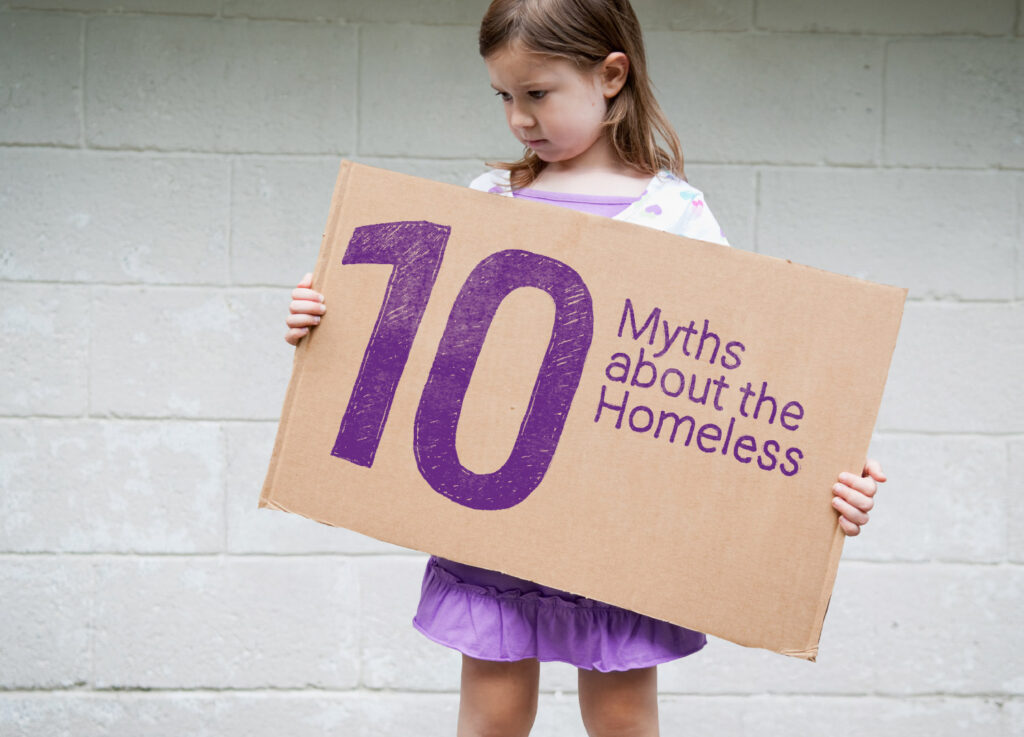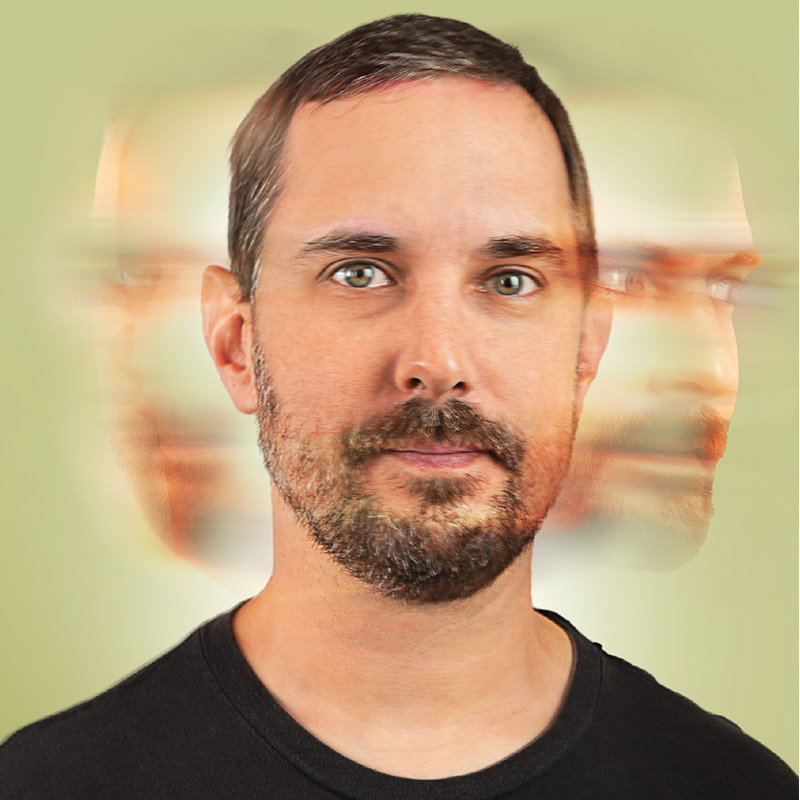Oh Well!
Divergent Paths
“I just see the world a little differently, that’s all.”
- Kate McDonald

“People still call me lazy, uncaring, weird, or even
a quitter… but I’m not. I’ve come to accept myself,
yet we’re still waiting for others to accept me.”
As a young woman at the age of 27, Caroline has the world at her feet. With a job she loves, unwavering support behind her, and a vibrant social life, she is ready for anything that comes her way. As a skilled prep chef at The Edison in Disney Springs, Caroline assumes the responsibility of meticulously preparing an array of ingredients necessary for the seamless flow of a lively restaurant. The hustle and bustle of the restaurant environment are not just challenges for Caroline; they ignite her creativity and productivity. Caroline reflects, “I’m able to work at my own pace, and beat to my own drum.” Pausing, she says with a heartfelt smile, “I’m autistic.”
Autism is often a diagnosis or word that is met with uncomfortable emotions, hesitation or even fear. Many find themselves uncertain about how to interact, provide support, communicate, or engage with individuals who are on the Neurodivergent Spectrum. However, Caroline and her mom, Tia, have evolved into an unstoppable mother-daughter duo, passionately advocating for Autism acceptance and fostering a deeper understanding.
“As a baby, there were telltale signs,” Tia explains. “Every night, Caroline would cry uncontrollably and we would sit in her room with the lights off until she could decompress.” As a second child, Tia and her husband began to observe distinctions in developmental milestones between the sisters.
“At 6 weeks old, we had yet to see Caroline smile,” Tia recalls. “We began to go through the ‘can-she’ list.” The couple mutually agreed that it was time to have a conversation with their pediatrician. And so it was, that shortly before she turned two, Tia and her husband received the diagnosis that Caroline was autistic. “I won’t sugarcoat it—when I found out, I cried. The parenting roadmap we had envisioned just went out the window, and I had to find a new path,” Tia says.
Navigating a road that is vastly unexplored, misunderstood, and unique to each child on the spectrum proved to be a daunting challenge. Leveraging her background as an educator, Tia actively pursued Caroline’s enrollment in a Pre-Development School. This specialized environment provided opportunities for speech practice and physical therapy. They worked with her on accepting and understanding her distinct learning style, recognizing the need for ongoing support. This foundation brought a semblance of clarity to the roadmap for Caroline’s subsequent educational steps.
“Keeping Caroline as close to her peers as possible was very important to me. Having her in an environment where she could be social, and interact with other kids was crucial. As an educator, I embraced the role of a mother and shaped it into becoming her advocate.” Tia pauses, “With time and patience, children like Caroline not only thrive but often surpass expectations, though society often forgets.”
Wellness Counts
2 YEARS
is the typical age at which symptoms tend to appear, although autism can be diagnosed at any age.
80%
of neurodivergent adults are unemployed or underemployed. Employers have commonly overlooked these applicants, but this trend is changing.
Neurodivergence Resources
Lift Disability Network:
liftdisability.net
The Friendship Place:
cfldreamplex.com/tfp
UCF Center for Autism and Related Disabilities:
ucf-card.org
Florida Institute of Community Inclusion:
floridaincludesme.org




